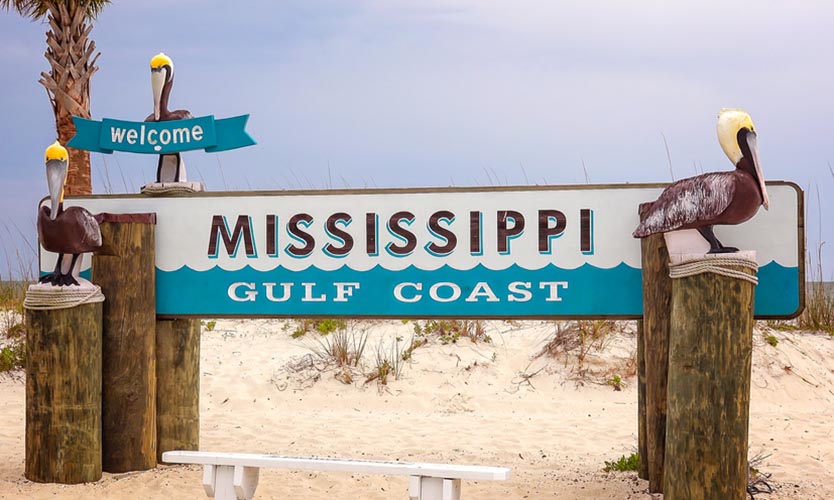Accident, heart attack on personal errand not compensable
- October 17, 2025
- Posted by: Web workers
- Category: Workers Comp

A worker failed to show his car accident and subsequent heart attack were compensable, the Mississippi Court of Appeals held Tuesday.
In Sims v. Delta Fuel, the appellate court in a 7-3 decision affirmed a Mississippi Workers Compensation Commission’s decision to deny the employee’s workers compensation claim after finding his accident occurred while he was on a personal errand.
Marty Sims worked as a salesman for Delta Fuel when he was involved in a car accident and suffered a heart attack the following day. On the day of the accident, Mr. Sims made a sales call in the morning, and then drove out to property owned by his brother, who also worked for Delta Fuel, to deliver a four-wheeler for a personal project when he was involved in a collision. Mr. Sims argued that he was also delivering a work-related product list to his brother.
After the incident, he sought medical treatment but was released and met his brother and other family members out for dinner. The next morning, he was hanging a deer stand on his brother’s property when he experienced acute chest pain, was transported to a medical center and treated for a heart attack.
Mr. Sims sought workers compensation, claiming the car accident and the subsequent heart attack occurred during the course of his employment. Delta Fuel denied the claim and an administrative law judge held that Mr. Sims’ claim was not compensable.
He appealed to the commission, which affirmed the administrative law judge’s order. Mr. Sims appealed to the Mississippi Court of Appeals.
Mr. Sims argued that the commission failed to properly apply the “dual purpose test” — noting that his purpose in driving to his brother’s land was to deliver work-related information as well as to drop off the four-wheeler — and that his accident should have been found to be compensable.
The appellate court disagreed, holding that had his personal errand been canceled, it would not have compelled the trip to meet his brother because he could have sent the product list electronically. The court further noted that the trip was not on the way to either of his planned sales calls that day.
The court found that the administrative judge had substantial evidence to support her decision that Mr. Sims was not in the course and scope of his employment when his accident occurred, and not entitled to workers comp benefits.
The dissenting justices wrote that the majority erred, arguing that the court should have found that if “the business or work of an employee necessitates travel, then the employee will be covered from the time that he leaves home until such time he returns home.”
The dissenting justices wrote in their opinion that state case law provides a “clear Mississippi precedent” for concluding that traveling salesmen can accomplish personal tasks while remaining in the course and scope of his employment, and that Mr. Sims’ accident, which occurred in the middle of his work day while he was driving a company truck, should be compensable.



